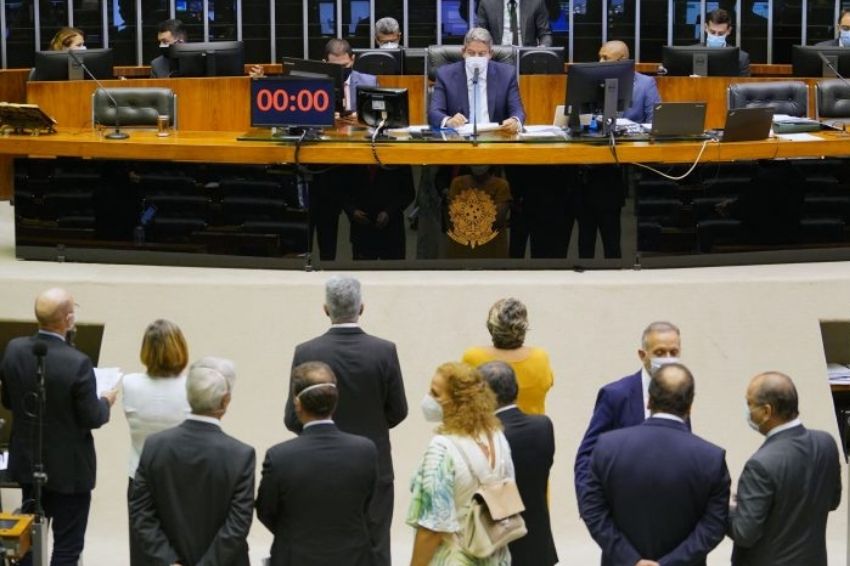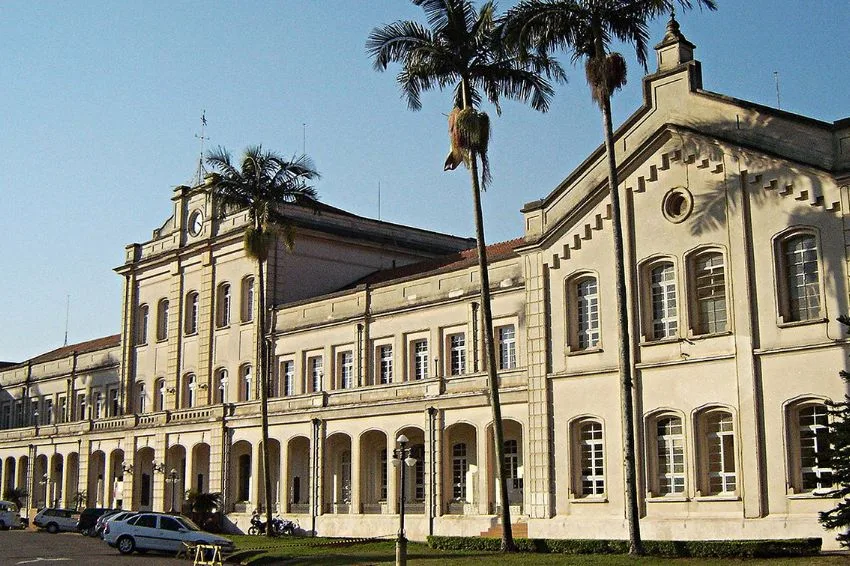The Chamber of Deputies approved this Thursday morning (20) MP 1031/21 (Provisional Measure no. 1031/21), which makes possible the privatization of Eletrobras, a state-owned company linked to the MME (Ministry of Mines and Energy) and which accounts for around a third of the energy generated in the country.
The text, authored by deputy Elmar Nascimento (DEM/BA), goes to the Senate for a vote and if approved without modifications, it will be sent for presidential sanction. However, if the wording is changed, the matter will return to the Chamber of Deputies.
The document was sent by the Federal Government to the National Congress in February this year and needs to be voted on by June 22nd to avoid losing its validity. The privatization model foresees the issuance of new Eletrobras shares, to be sold on the market without the company's participation, thus resulting in the loss of voting share control currently held by the Union.
Despite losing control, the Union will have a special class action that guarantees it veto power over decisions made by the shareholders' meeting in order to prevent any of them from holding more than 10% of the company's capital. According to the rapporteur's text, this type of mechanism could be used as a basis for the privatization of other public companies.
The capitalization share operation will only occur after the MP has been transformed into law, but the text already allows the BNDES (National Bank for Economic and Social Development) to begin studies for the issuance of new shares.
Even after capitalization, the guarantees granted by the Union to Eletrobras and its subsidiaries will continue to be valid for previously signed contracts. “We seek to redirect the main benefits of this important change in the framework of the electricity sector to small and medium consumers, and not to large ones,” stated the rapporteur.
Thermoelectric
Before the vote, Elmar Nascimento reformulated the opinion and removed from the text the topic that provided for the contracting of reserve energy from thermoelectric plants powered by natural gas in an amount equivalent to 1 thousand MW in a Northeastern state that does not yet have a gas pipeline and another 5 thousand MW in the North and Central-West regions.
The new point determines the construction of natural gas thermal plants in the interior of Brazil and small hydroelectric plants. Basically, the government will have to contract these thermal plants for 15 years, with delivery of 1 thousand MW in 2026, 2 thousand MW in 2027 and 3 thousand MW in 2028. The price will be the ceiling stipulated in ANEEL's A-6 energy auction ( National Electric Energy Agency).
Regional investments
The MP also determines that Eletrobras invest resources in the country's main hydroelectric plants: R$ 3.5 billion over ten years to revitalize the São Francisco river basin; R$ 230 million for the Furnas Plant reservoir basins and a further R$ 295 million to reduce energy generation costs in the Amazon.
The text also authorizes the Federal Government to create a public company or mixed capital company to manage Eletronuclear (which controls the Angra plants) and Itaipu Binacional. For constitutional reasons, both must be under the control of the Union.
Labor termination
The MP's rapporteur also included in the text a provision that allows employees dismissed in the company's restructuring to opt, within six months of dismissal, to purchase shares with the money from the termination.
It was also decided that the Union will be able to take advantage of workers in other companies in the sector that remain under its control, such as Itaipu. However, the government leader, deputy Ricardo Barros (PP/PR), said that there is no commitment from the Executive to sanction these devices.
Social program
The MP also determines the obligation for the company to carry out social programs. The rapporteur, basically, determined that the balance of energy sold by Itaipu from 2023 onwards, when the payment period for the construction loan for the work ends, be divided as follows: 75% to deduct charges from electricity bills and 25% for programs of the Federal Government.
















